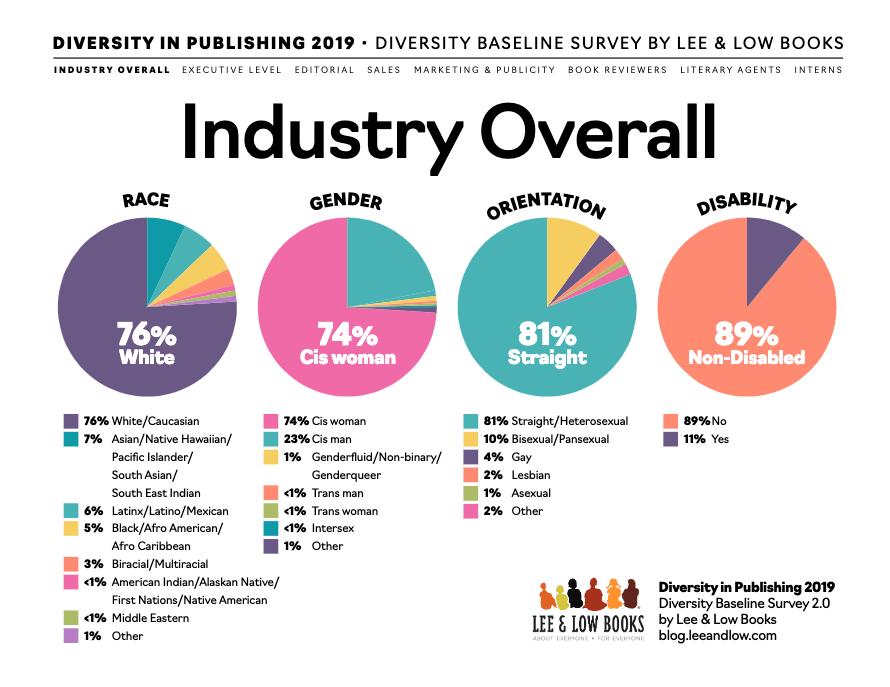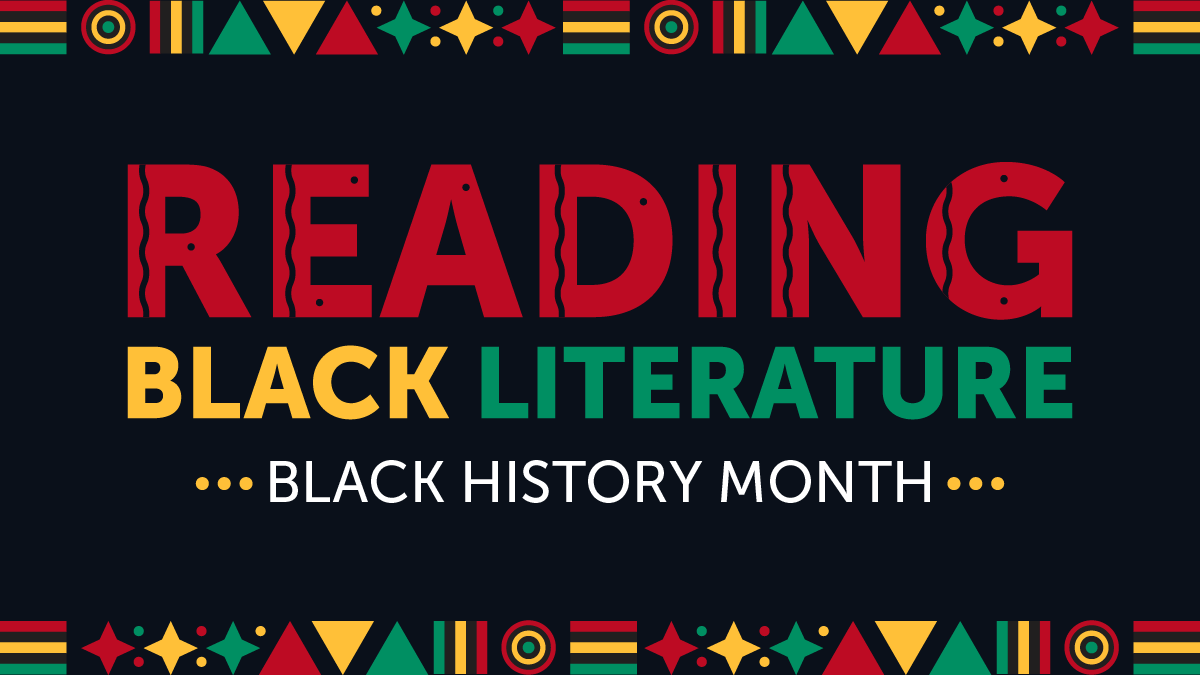The Importance of Reading Black Literature
February 1st marks the start of Black History Month. It’s a chance to celebrate Black achievement, and it serves as a reminder of how widespread systemic racism still is and gives visibility to those creating change. There are lots of ways you can get involved to celebrate, learn, and support the Black community this month and beyond. You can educate yourself on Black History, shop from Black-owned businesses, start discussions with your family and friends, and the list goes on.
You can also support Black writers. Supporting Black writers and creators can go a long way to amplify Black voices. Reading also is a path to empathy and understanding. For Black History Month and throughout the year, we encourage you to read Black Literature. It’s all a win-win, especially if you’re a book lover!
The Voices of Black Storytellers Have Historically Been Marginalized
Reading books by Black authors is especially important in a world where the voices of Black storytellers have historically been excluded from mainstream media and publishing. According to The New York Times, People of Color wrote just 11% of the books published in 2018. According to Lee and Low Books, only 5% of authors in the publishing world identify as Black/African American, in an industry where 76% of publishing staff, review journal staff, and literary agents are white.
But why does the traditional publishing industry often exclude Black voices? A big reason books written by Black authors are often dismissed by agents is because they are too “niche.” They are “too Black” or “not Black enough.” Throughout literary history, Black voices have been passed over countless times. This poor representation should alarm all readers. Inequalities of authorship lead to one-sided storytelling. While self-publishing has been changing that over the years, we still have a long way to go if we want to give equal weight to authors of all races and creeds.
The Importance of Reading Books Written by Black Writers
Reading books by Black writers is important in helping us better understand the world around us as well as what it means to be Black. We learn by understanding the richness of human experience and by exposing ourselves to new perspectives. Stories that help break down barriers of inequality, stereotypes, and bias. It’s stories that foster inclusiveness and generate empathy when they are told. When we don’t tell the stories that reflect the diverse identities within our society and omit these experiences, we erase these identities and silence so many voices.

Reading stories of the Black experience by Black authors is important because only a Black person can tell you what it’s truly like to live in their skin. Through the power of storytelling, Black authors help us understand their struggles and triumphs, as well as their everyday life experiences. By celebrating and supporting Black authors and publishers, we make room for authentic storytelling that reflects Black experiences, identities, and voices.
The Importance of Reading All Kinds of Authors
It’s essential that we as readers engage with Black literature beyond narratives of Black struggle. Racism is not the only thing to know about what it means to be Black. “Black Lives Matter” means the whole of Black lives; not just the suffering and persecution. Not just Black deaths and racism. But the joy, sorrows, love, struggles to fit in, triumphs, all of these matter.
Traditional publishing has played a big role in the commodification of Black pain. Ever since the protests of June 2020, following the aftermath of George Floyd’s death, books about anti-racism, white supremacy, and the Black experience filled up libraries and bookstores. But in general, the most well-known books written by Black writers focus on these “othered” experiences. In the world of traditional publishing, Black authors are more valuable when they write about their experiences with racism, police brutality, and discrimination. This leads to what Chimamanda Ngozi Adichie calls the single-story, in which the work of minority authors is used merely to highlight differences and reinforce stereotypes. It’s time to stop solely viewing Blackness through the prism of racism and slavery. We must engage in the fullness of the Black experience.
Definitely don’t underestimate the power of Black fiction. Reading fiction can help one to relate with people with lives different from their own. It helps you put yourself in the shoes of a character, even when you have a different perspective. Studies have also shown that long-term readers of literary fiction exhibit an increase in empathy.
However, don’t stop reading “issue books.” These books provide much-needed insights into the realities and issues. These stories deserve every ounce of recognition they receive. But it’s also important to recognize that all kinds of Black stories matter. We need to read books where Black characters go on adventures, fall in love, solve mysteries, be heroes, and do everyday things like everyone else. We must recognize that the Black experience cannot be defined by one moment or incident. Black readers themselves need to see themselves in narratives outside of racism, slavery, Jim Crow, and police brutality. So do non-Black readers.
What You Should Do This Black History Month
Read Books by Black Authors
This one’s obvious. Read books by Black authors and make sure you read a variety of books. Fantasy, mystery, cookbooks, nonfiction, etc.
Share Books Written by Black Authors
Reading books by Black writers is one thing, but sharing that book truly helps to amplify Black voices. I have a couple of family members and friends who have always made amazing book recommendations. Word of mouth is powerful. Everything they recommend, I make it a priority to read because I know I’ll be glad I did. In general, people are much more likely to pick up a book that is recommended by someone they know. Make sure to tell your friends and family about the books you’re reading this month by Black authors. Share the books you’ve enjoyed and start a conversation about them with your friends.
Follow Black Writers on Social Media
When you read something you enjoy or learn from, recommend it on public platforms. Social media plays a big role in promoting books and spreading the word. Follow Black writers on social media. Don’t just follow them on social media, engage and interact with their content, and share their posts. Are you on TikTok? Create a video showing off your favorite books by Black authors. Share books you’re excited about with your social networks, your friend circles, and your book clubs.
Celebrating and Supporting Black Writers Beyond Black History Month
Reading Black literature and supporting Black writers is a great way to celebrate Black History Month, but this shouldn’t end when March arrives. Reading different kinds of stories (nonfiction, fantasy, poetry, etc) by Black writers is important and is a path toward progress and understanding. But it’s also important to remember that the work does not stop when you close the book. Take the words of Black writers as a call to action to directly contribute to the movement for Black lives. Volunteer at your local organizations, shop for Black-owned businesses, speak out against injustices by having “uncomfortable” conversations, and continually educate yourself.
Are there books by Black authors you personally love? Let us know in the comments! Remember to also check out our bookstore for more great books by Black authors.
Happy Reading!




